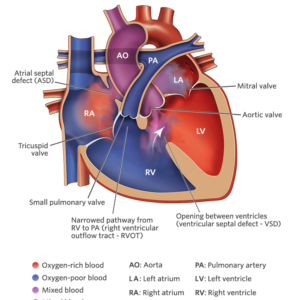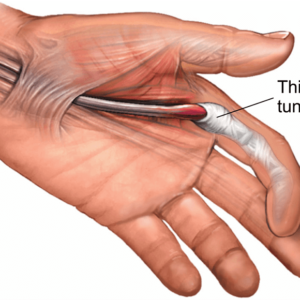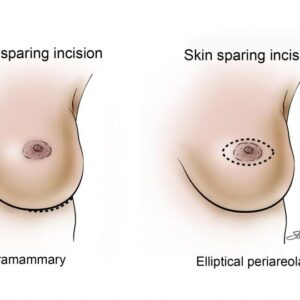Description
Familiarity with treatment
Prophylactic surgery is a preventive surgical procedure performed to reduce the risk of developing certain conditions, especially in individuals with a high risk due to genetic factors, family history, or other predisposing factors. It aims to remove tissues or organs at risk of developing cancer or other diseases before they become malignant or symptomatic.
Procedure
The procedure for prophylactic surgery varies depending on the specific condition it aims to prevent. For example, prophylactic mastectomy involves the surgical removal of one or both breasts in individuals with a high risk of breast cancer due to genetic mutations such as BRCA1 or BRCA2. Prophylactic surgery may also involve the removal of the ovaries, fallopian tubes, colon, or other organs to reduce the risk of cancer or other hereditary conditions.
Who is it suitable for?
Prophylactic surgery is suitable for individuals who:
- Have a high risk of developing certain conditions due to genetic mutations, family history, or other predisposing factors
- Have undergone genetic testing that indicates a significantly elevated risk
- Have made an informed decision after thorough counseling and consideration of the risks and benefits
Who is it not suitable for?
Prophylactic surgery may not be suitable for individuals who:
- Do not have a significantly elevated risk of developing the targeted condition
- Have medical conditions that pose a high surgical risk
- Have not undergone comprehensive counseling and evaluation regarding their risk and the potential impact of the surgery
Advantages
- Reduction of the risk of developing certain conditions, such as cancer
- Potential avoidance of the need for more extensive treatments in the future
- Peace of mind for individuals with a high genetic risk
Complications
Complications associated with prophylactic surgery can include:
- Surgical risks such as bleeding, infection, and anesthesia-related complications
- Potential impact on fertility or hormonal balance, depending on the type of surgery
- Emotional and psychological impact related to the decision and the outcome of the surgery
Preoperative care
Preoperative care for prophylactic surgery involves comprehensive counseling and evaluation to ensure that the individual understands the implications of the surgery, including the potential benefits, risks, and impact on their quality of life. It may also involve preoperative testing and optimization of the patient’s overall health.
Postoperative care
After prophylactic surgery, individuals will require close monitoring for wound healing, pain management, and potential psychological support. Depending on the type of surgery, postoperative care may also involve hormonal replacement therapy, if applicable, and long-term follow-up care to monitor for any complications or changes in health status. Emotional and psychological support may be particularly important for individuals undergoing prophylactic surgery due to its impact on their well-being and future health.








Reviews
There are no reviews yet.